
- Shandong Microwave Machinery Co.,Ltd.
- To be the Leader of microwave drying and edible oil refining equipments Manufacturer
Home> Company News> Effect of Hot Air and microwave and Its Combined Drying on the Quality of Toona Sinensis
- AddressNo. 225, Huangqiao Village, Beiyuan, Tianqiao District, Jinan, Shandong, China
- Factory AddressNo. 225, Huangqiao Village, Beiyuan, Tianqiao District, Jinan, Shandong, China
- Phone(Working Time)+86 0531 85064681
- Phone(Nonworking Time)0086-15020017267
- Fax+ 86 0531 85064682
Effect of Hot Air and microwave and Its Combined Drying on the Quality of Toona Sinensis
2018-11-12 15:05:37
Abstract: The effects of hot air drying, microwave drying equipment and hot air-microwave drying on the drying characteristics and quality of camphor buds were studied by using scented buds as materials. The results showed that the comprehensive evaluation values of dry products obtained by hot air drying at 60 °C and microwave drying at 550 W were large, 0.890 and 0.884, respectively.
The optimum drying conditions for hot air-microwave combined drying are as follows: drying with hot air at 60 °C to dry water content of 0.67 kg/kg at the conversion point, and microwave drying at a later power of 330 W; under these conditions, drying the dried product The overall evaluation value was 0.972. It shows that the hot air-microwave combined drying can well maintain the quality of the camphor buds.
Key words: microwave drying of camphor bud; hot air drying; combined drying with hot air and microwave
Toona sinensis is a traditional Chinese woody vegetable rich in calcium, VC, phosphorus, thiamine and other nutrients. Toona sinensis contains a variety of biologically active ingredients, which have anti-inflammatory, anti-bacterial, anti-oxidant, anti-viral, anti-allergic, free radicals, regulate blood lipids, soften blood vessels and enhance vascular tone.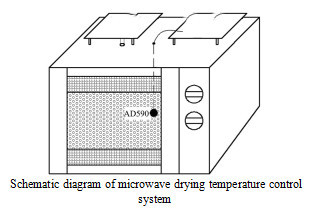
However, the camphor buds are stored at room temperature, the leaves are easy to fall off, rot, gradually fibrosis after the rain, the taste is boring, the nutritional value is greatly reduced, and finally the edible value is lost. Drying and processing the camphor buds not only maintains the original color, aroma, taste and nutrients, but also is easy to store and carry. It can be used as instant food and convenient seasoning, and has high practical value.
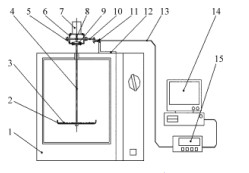
At present, the drying methods of fruits and vegetables mainly include hot air drying, microwave drying, vacuum freeze drying, infrared drying and combined drying. Traditional hot air drying can not meet people's demand for high quality and original ecology of food; microwave drying energy utilization rate is high, heating time is short, heating is uniform, mildew and sterilization, retaining color and nutritional value of fruits and vegetables, but there is big investment, complicated technology and difficult Master and other issues.
Combined drying has unique advantages in improving drying rate, reducing energy consumption and improving finished product quality. It is widely used in the drying of fruits and vegetables such as spinach, longan, mushroom, day lily, yacon, strawberry. At present, the drying methods of citron are mainly hot air drying, vacuum drying, microwave drying, vacuum freeze drying, etc. There is still no systematic research on the joint drying of citron.
To this end, this experiment explored the effects of hot air, microwave and its joint drying on the quality of camphor buds, aiming to determine the process parameters of the drying of camphor, seeking a joint drying method suitable for camphor, improving the quality of dried products, and providing a theoretical basis for the drying of fruits and vegetables. .
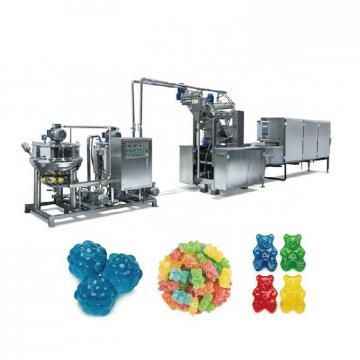 High efficiency food beverage factory stone paper production line
High efficiency food beverage factory stone paper production line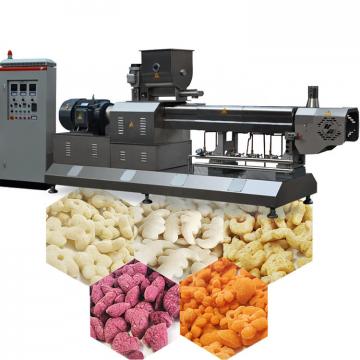 Factory price Fully automatic Machine PP/PS Plastic Sheet Production Line
Factory price Fully automatic Machine PP/PS Plastic Sheet Production Line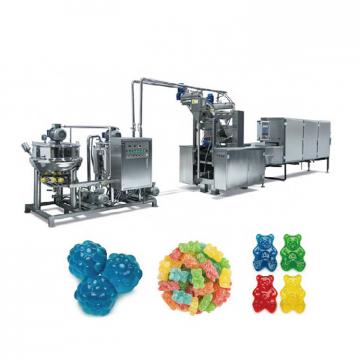 used deformered bar rolling mill production line
used deformered bar rolling mill production line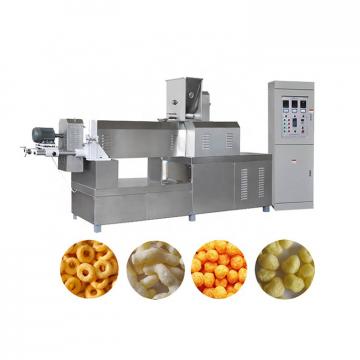 Manufacturing plant automatic factory puffed sticky rice cracker production line
Manufacturing plant automatic factory puffed sticky rice cracker production line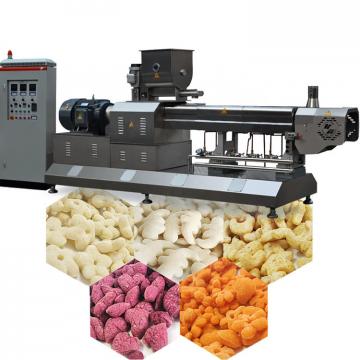 Production Line Pp Ppr Plastic Pipe Making Machine 20-63mm Multi-layer Extrusion Production Line For Water Supply
Production Line Pp Ppr Plastic Pipe Making Machine 20-63mm Multi-layer Extrusion Production Line For Water Supply